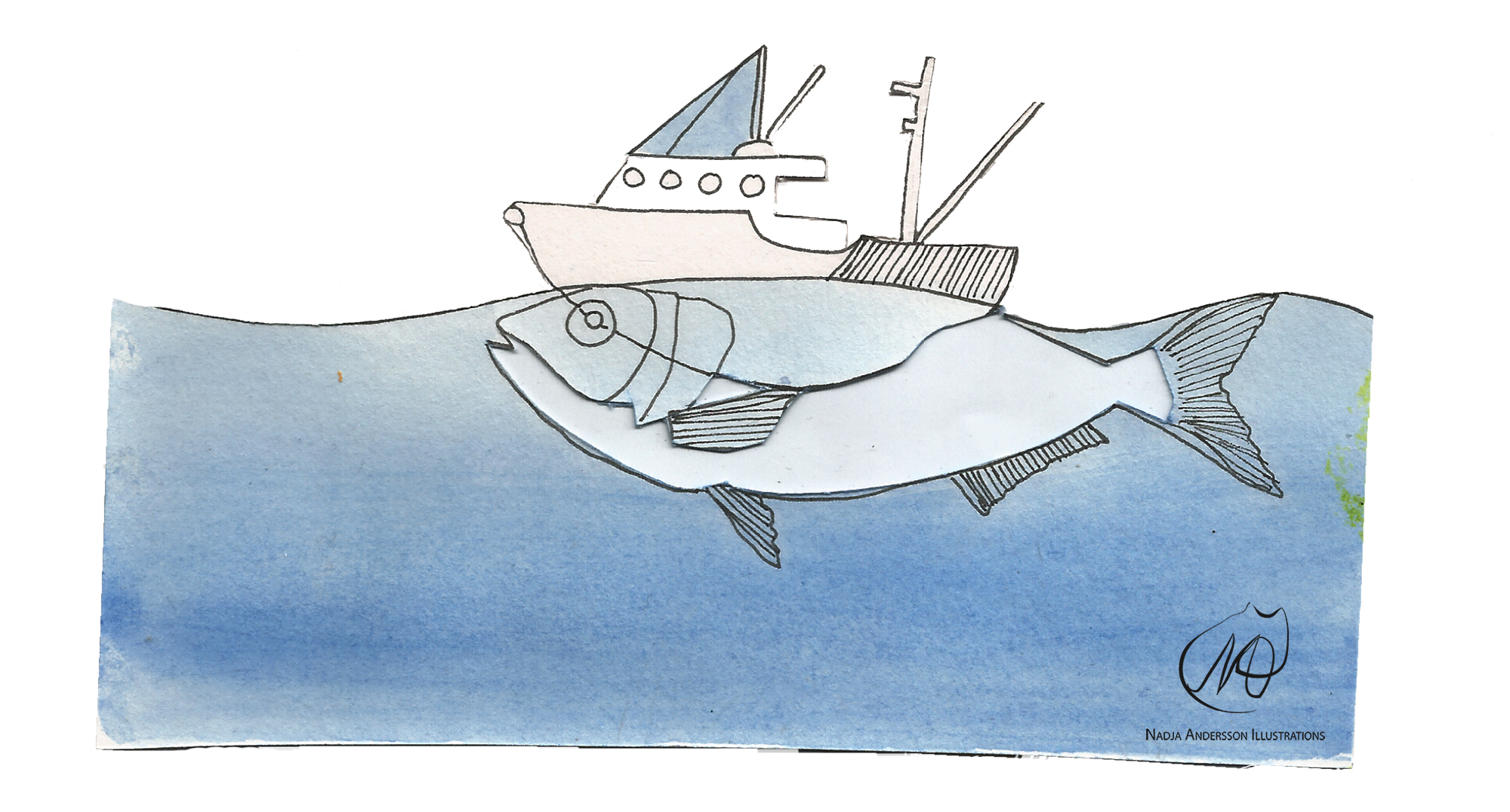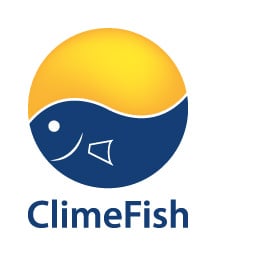Europe gathers to rescue future fish stocks

Scientists around the world are now pooling their knowledge and capacity in order for the fisheries and aquaculture industry in Europe to tackle climate change in the best possible manner.
The overall objective is to save saltwater and freshwater fisheries and aquaculture for the future.
21 research institutions from Europe, Vietnam, Chile and Canada will meet in Tromsø, Norway, from 10th to 12th May, to work with the EU-funded research project ClimeFish. In four years’ time, more specifically in March 2020, the project will be completed.
ClimeFish is being led by the University of Tromsø – The Arctic University of Norway, with the food research institute Nofima and The Institute of Marine Research in Norway playing key roles.
The aim of this research is to identify the consequences of climate change for fisheries and aquaculture – both saltwater and freshwater.
Through the development of effective forecasting and new tools, the ClimeFish research project will contribute to the fisheries and aquaculture sector and the authorities being better equipped to adapt to climate change.
Temperature increases, increased salinity of ocean waters, acidification, eutrophication and erosion, as well as new species that migrate into European waters, are among the changes to be studied. ClimeFish will study 25 fish and shellfish species in both saltwater and freshwater.
The ClimeFish project will:
- Help ensure that the increase in seafood production comes in areas and species where there is a potential for sustainable growth, given the expected developments in the climate.
- Contribute to a precautionary approach to management of the fisheries.
- Contribute to robust employment and sustainable development of rural and coastal communities.
These countries are engaged in ClimeFish:
The Czech Republic, Denmark, France, Germany, Greece, Hungary, Italy, Spain, Sweden, Great Britain, Norway, Iceland, The Faroe Islands, Canada, Chile and Vietnam.
Key players
Cassandra De Young – FAO, Fisheries and Aquaculture Division, Italy:
“This project has been developed to strengthen our understanding of what may be expected in the fisheries and aquaculture sector from climate changes in the near future. We will use up-to-date data modelling to simulate “what if scenarios” using low, medium and worst case prediction models. These simulation models will be evaluated in close cooperation with our stakeholders, to ensure applicable science. A wide range of case studies will be included in the simulation models so that variations in Europe are covered and so that the generated data in a best way as possible may help to prepare us for what may be expected in the future.
I hope that we will gain additional knowledge from applied models that will help us to better understand in what degree climate change will affect aquaculture and fisheries in Europe. I also hope that we will use these models wisely and include them when we plan future management of fisheries and aquaculture”.
Michaela Aschan – Project manager for ClimeFish, UiT Norway’s Arctic university
«The world population is growing and thereby the demand for food, and especially protein- rich food. The capacity to produce food from aquatic systems needs to be further developed. As Europe is situated in the northern hemisphere and partly on the Arctic the climate warming introduces new challenges, but also opportunities, when it comes to fish and shellfish production. These are the two main reasons why the EU is funding two 5 million Euro projects to address these and associated societal challenges.
This is what I expect will come out of it:
- Unique datasets collected, harmonized and made available
- Decision Support Framework (DSF) including software tools, best practices, guidelines and standards, allowing stakeholders to anticipate, prepare and adapt to different CC scenarios
- A European voluntary standard (CWA) for how to make climate-enabled management plans related to seafood production
- Informed and engaged stakeholders»
Written by Anne-May Johansen, Communications Advisor, Nofima

